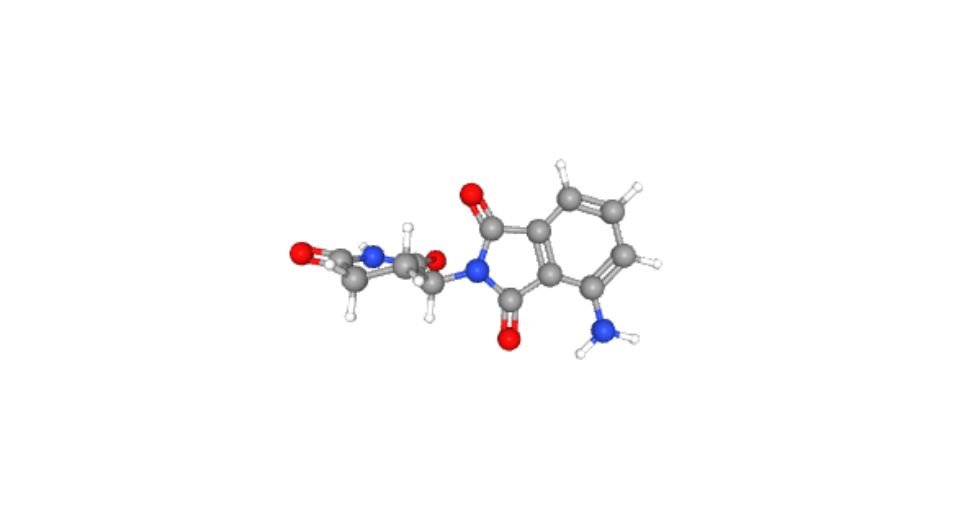HQ Team
September 19, 2024: Researchers supported by the National Institutes of Health stopped a trial after they gathered sufficient evidence that an experimental drug to treat a rare bleeding disorder was safe and effective, according to a statement.
Hereditary hemorrhagic telangiectasia (HHT), is a rare disorder that affects 1 in 5,000 people worldwide. It is also known as Osler-Weber-Rendu Syndrome and is characterized by serious defects in the way the body’s blood vessels form.
Instead of growing linearly, they become unusually tangled and twisted. The disordered blood vessels are fragile and prone to leaking, which causes excessive nosebleeds or bleeding along the gastrointestinal tract and other mucosal surfaces.
These bleeding episodes, which worsen with age, can result in anaemia and reduced quality of life. In severe cases, they can be life-threatening.
Current options to treat HHT involve closing off the malformed blood vessels in the nose and gastrointestinal tract or prescribing off-label medications that temporarily stabilize blood clotting at sites of bleeding vessels, which in turn reduces bleeding.
No FDA-approved medicines
There are currently no Food and Drug Administration-approved medications for long-term management of HHT.
The researchers tried a drug known as pomalidomide, currently used to treat bone marrow cancer and Kaposi sarcoma — a disease in which cancer cells are found in the skin or mucous membranes that line the gastrointestinal tract, from mouth to anus, including the stomach and intestines — on HHT patients.
The patients who received pomalidomide experienced a significant reduction in the severity of nosebleeds, needed fewer blood transfusions and iron infusions that the disease often demands, and showed improved quality of life.
“Finding a therapeutic agent that works in a rare disorder is highly uncommon, so this is a real success story,” said Andrei Kindzelski, MD, PhD, of NIH’s National Heart, Lung, and Blood Institute.
“Before our trial, there was no reliable therapeutic to treat people with HHT. This discovery will give people who suffer from this disease a positive outlook and better quality of life,” he said.
Hemorrhagic stroke
Researchers led by Keith McCrae, M.D., professor of molecular medicine at the Cleveland Clinic, speculated that pomalidomide worked by blocking the growth of abnormal blood vessels. It may cause the blood vessels to have a more normal structure or thicker walls so they are less fragile.
In June 2023, 43 months into the scheduled four-year trial, an interim analysis of 144 adult patients across 11 centres found pomalidomide had met a prespecified threshold for efficacy, and the trial was closed to further enrollment.
“These findings have broader implications for people with more severe forms of HHT,” said Kindzelski. “In those cases, malformed blood vessels can develop in organs such as the lung, liver, and brain, which can lead to hemorrhagic stroke, bleeding in the lungs, or heart failure. A treatment like this could be lifesaving for such patients.”
Prof McCrae said that some of his patients from the study have gone four to six months without a recurrence of nosebleeds, even though they had stopped the medication.
“This suggests that the drug may have promise as a long-term or intermittent treatment.” The study was published in the New England Journal of Medicine.
